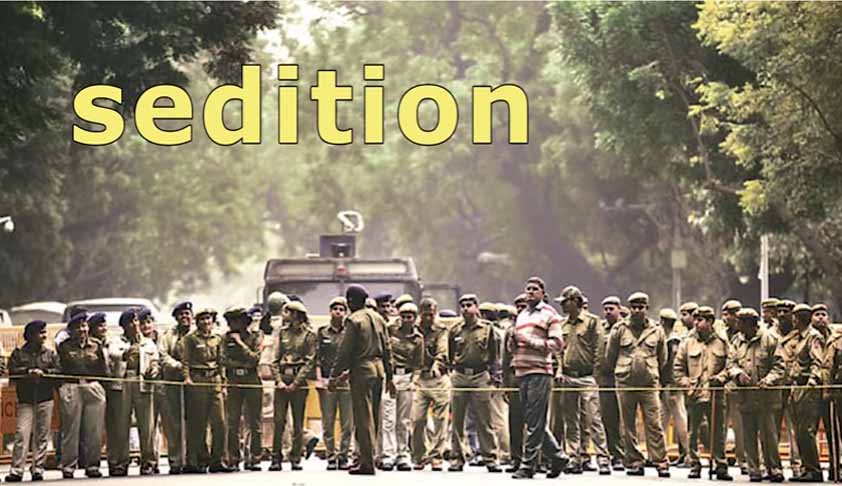Sedition Law Used To Curb Political Dissent : Law Commission Calls For Relook On Sec 124A IPC
Manu Sebastian
31 Aug 2018 1:53 PM IST

Next Story
31 Aug 2018 1:53 PM IST
"For merely expressing a thought that is not in consonance with the policy of the Government of the day, a person should not be charged under the section", stated the Consultation Paper issued by the Law Commission of India calling for redefinition of sedition, which is made punishable by Section 124A of the Indian Penal Code, 1860. The Consultation Paper solicits public suggestions...
